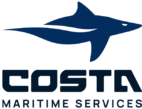And how to avoid costly delays during Time Charter operations
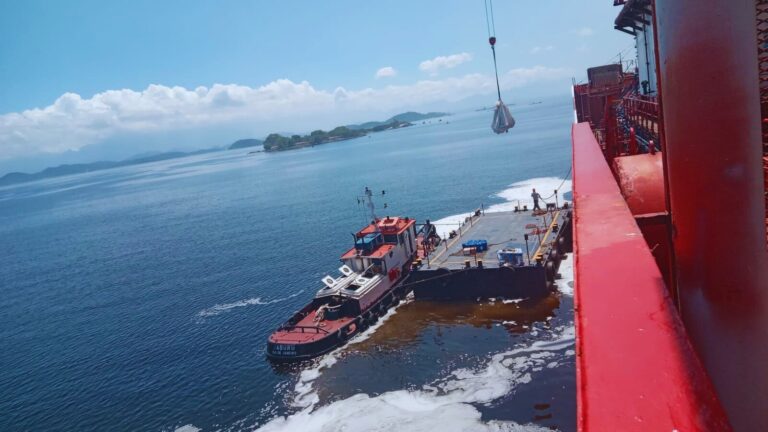
Tanker spare parts customs Brazil presents unique challenges for operators under Time Charter agreement— especially when it comes to the clearance and delivery of spare parts, consumables, and IMO cargo. Tight port windows, strict regulatory oversight, and fragmented workflows can lead to costly delays and compliance risks.
At Costa Maritime, we work daily with international owners and operators navigating these hurdles. Based on our experience in tanker spare parts customs Brazil, here are the top 5 traps — and how to avoid them.

Incorrect HS Code or Misclassification of Goods
The most common issue we see is the use of incorrect NCM (HS) codes or vague item descriptions. This triggers additional inspections or customs blocks, especially for technical items and safety equipment.

Solution:
Work with a customs partner that understands the nuances of Receita Federal’s cargo database — and can pre-validate documentation before clearance.
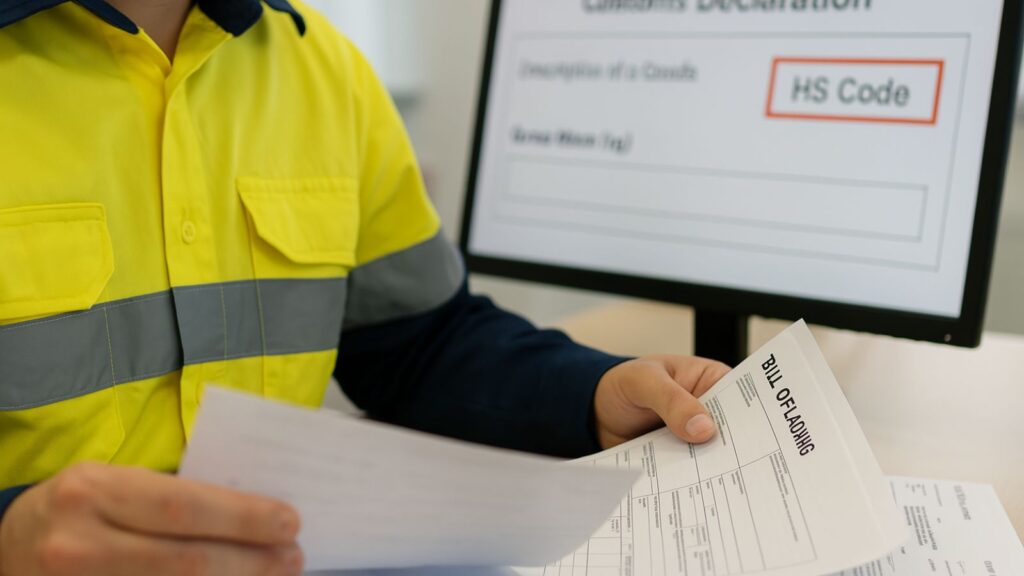
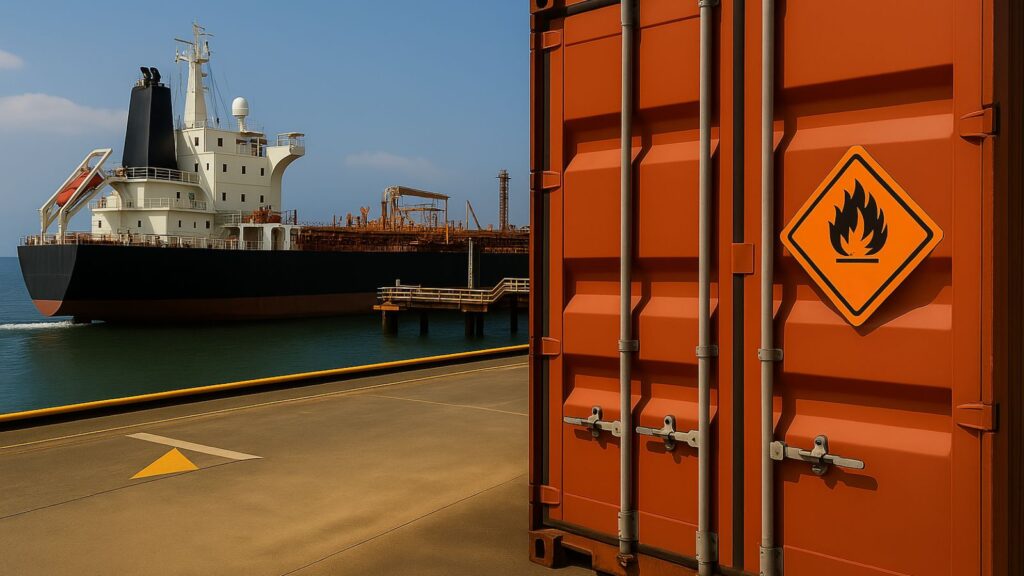

Shipping IMO Cargo Without Terminal Verification
Not all Brazilian terminals handle dangerous goods (IMO cargo) — even if the ship’s manifest permits it. Operators often assume acceptance, only to face rejection at berth or restrictions during offload.

Solution:
Confirm terminal acceptance in advance. We maintain updated compatibility charts across Brazil’s O&G terminals to ensure safe, compliant planning.

Disconnected Logistics & Clearance Workflows
Lack of coordination between brokers and transporters is a common cause of failure in tanker spare parts customs Brazil operations.

Solution:
Centralize the logistics chain through a local partner who handles bonded warehousing, customs clearance, and onboard delivery scheduling.
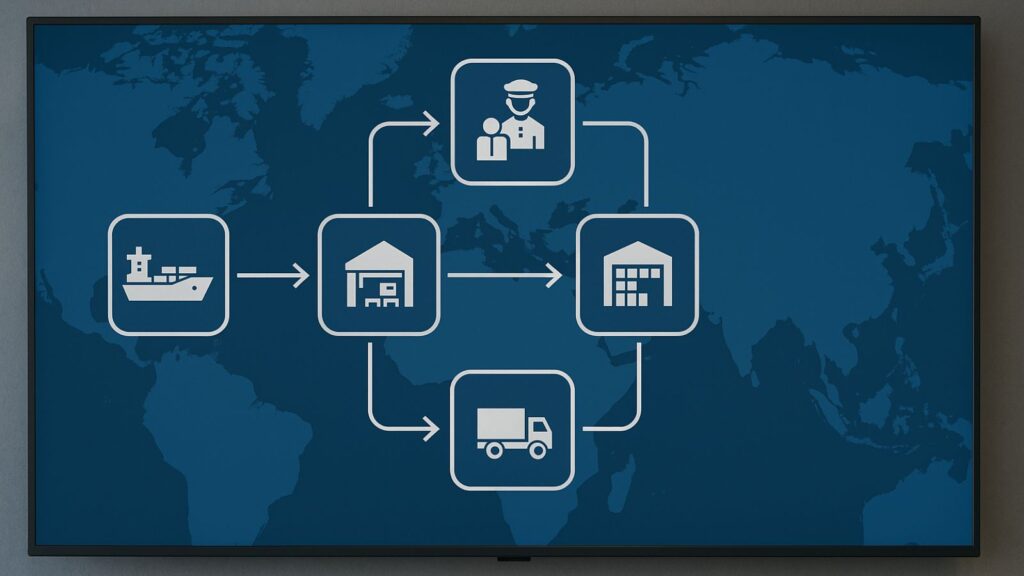
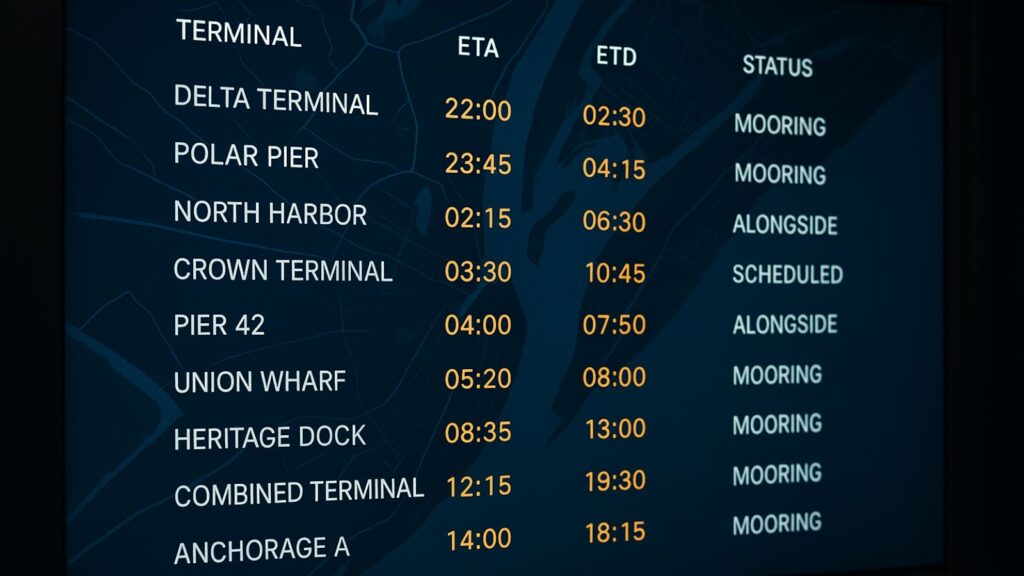

Unclear Delivery Windows & Port Restrictions
Time Charter operations live or die by timing. Without visibility into local port restrictions, night-time limitations, and towing availability, teams often miss critical windows.

Solution:
Partner with a local team that communicates daily with port authorities and can time operations with port-specific constraints.

Misuse of Special Customs Regimes
Improper use of bonded imports, temporary admissions, or ATA Carnets can trigger compliance risks during audits or inspections.

Solution:
Understand the correct regime for each scenario. Align shipment timing, part type, and vessel status before initiating the clearance process.
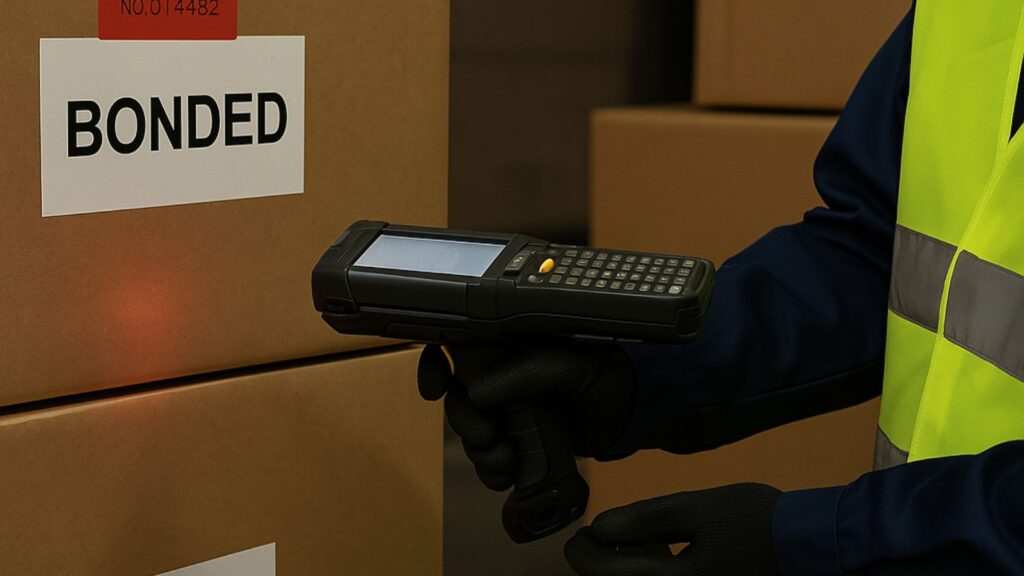
Tanker Spare Parts Customs Brazil: Final Checklist to Avoid Delays
Before shipping spare parts to Brazil, especially under Time Charter agreements, it’s crucial to align customs classification, port restrictions, and bonded warehouse protocols with your local agents.
A quick checklist includes: validating HS codes, verifying terminal compatibility with IMO cargo, pre-scheduling delivery with port authorities, confirming the correct customs regime (bonded, temporary admission, or ATA Carnet), and ensuring all stakeholders—from customs brokers to freight forwarders—are aligned.
These steps are vital to avoid disruptions in tanker spare parts customs Brazil processes.
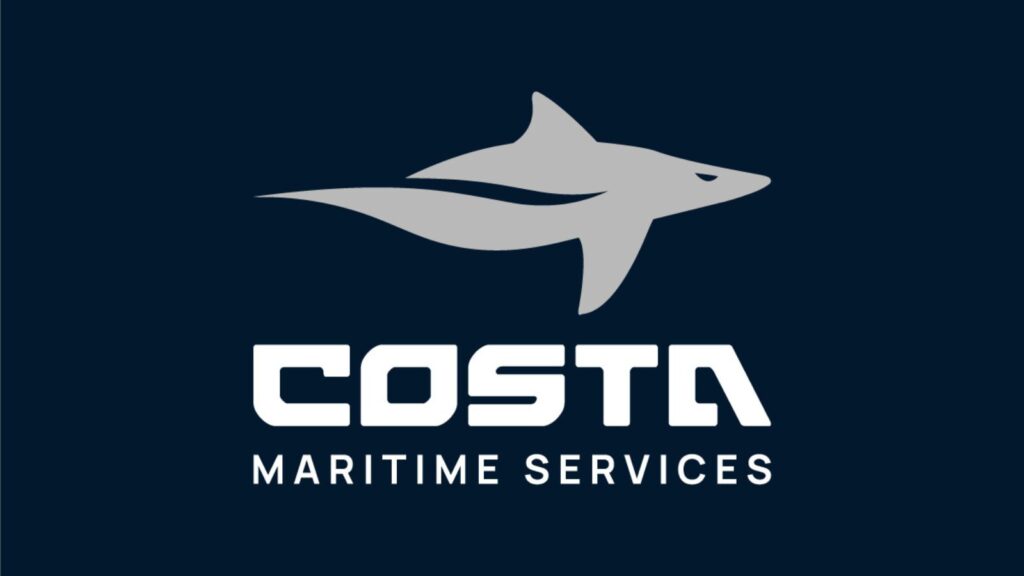

Costa Maritime: Local Control, Global Standards
We deliver Petrobras-compliant operations in 20+ Brazilian ports, offering:
- End-to-end spare parts clearance
- Dangerous goods handling
- Bonded storage and logistics
- 24/7 multilingual support
Whether it’s urgent spares, IMO cargo, or last-minute port calls — we reduce uncertainty and protect your timelines.
Common Delays in Tanker Spare Parts Customs Brazil
In our day-to-day operations, we’ve seen how small oversights can create costly setbacks. For example, incorrectly labeling a bonded part as general cargo can trigger inspections that delay the entire delivery. Similarly, scheduling onboard delivery without confirming port night restrictions has caused parts to miss their delivery window entirely.
Whether it’s a misapplied customs regime or a missing terminal compatibility check, many issues in tanker spare parts customs Brazil could be avoided with better local coordination. That’s why having a team on the ground makes all the difference.
